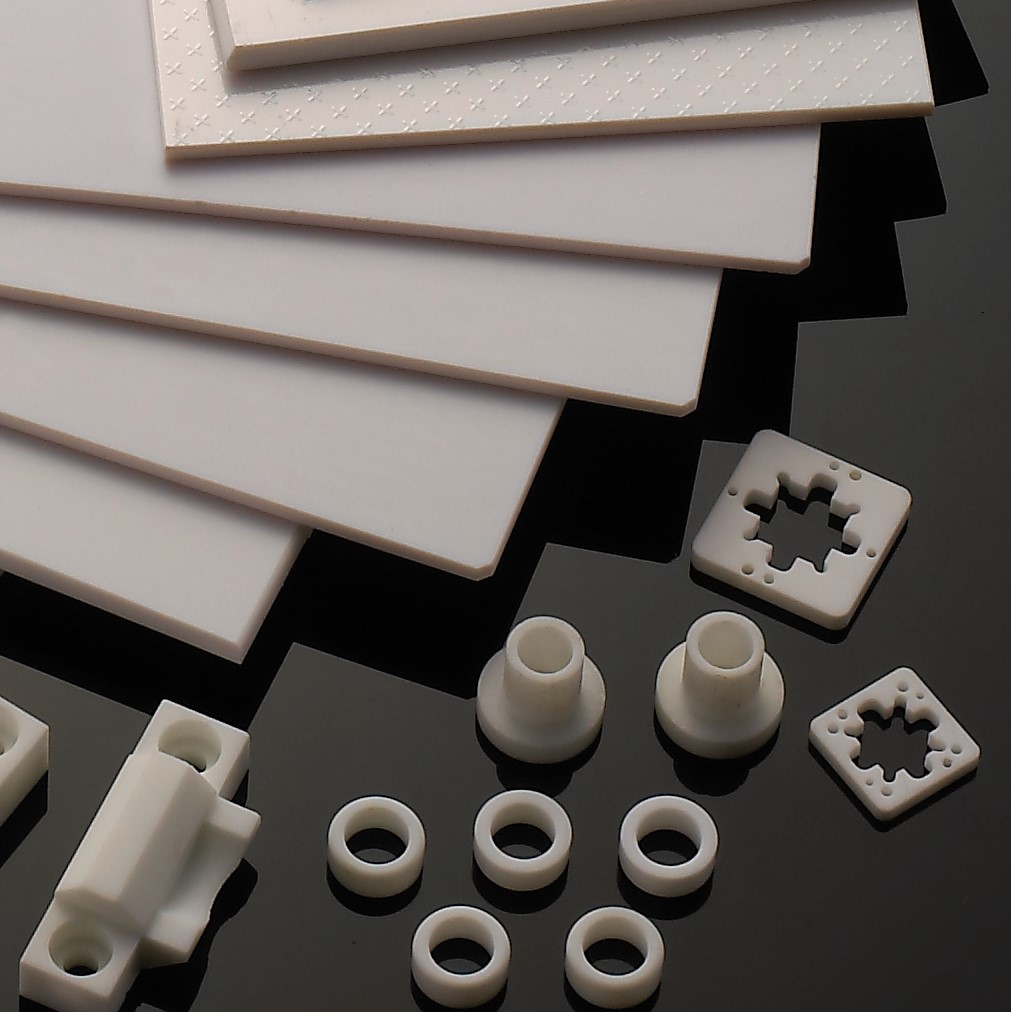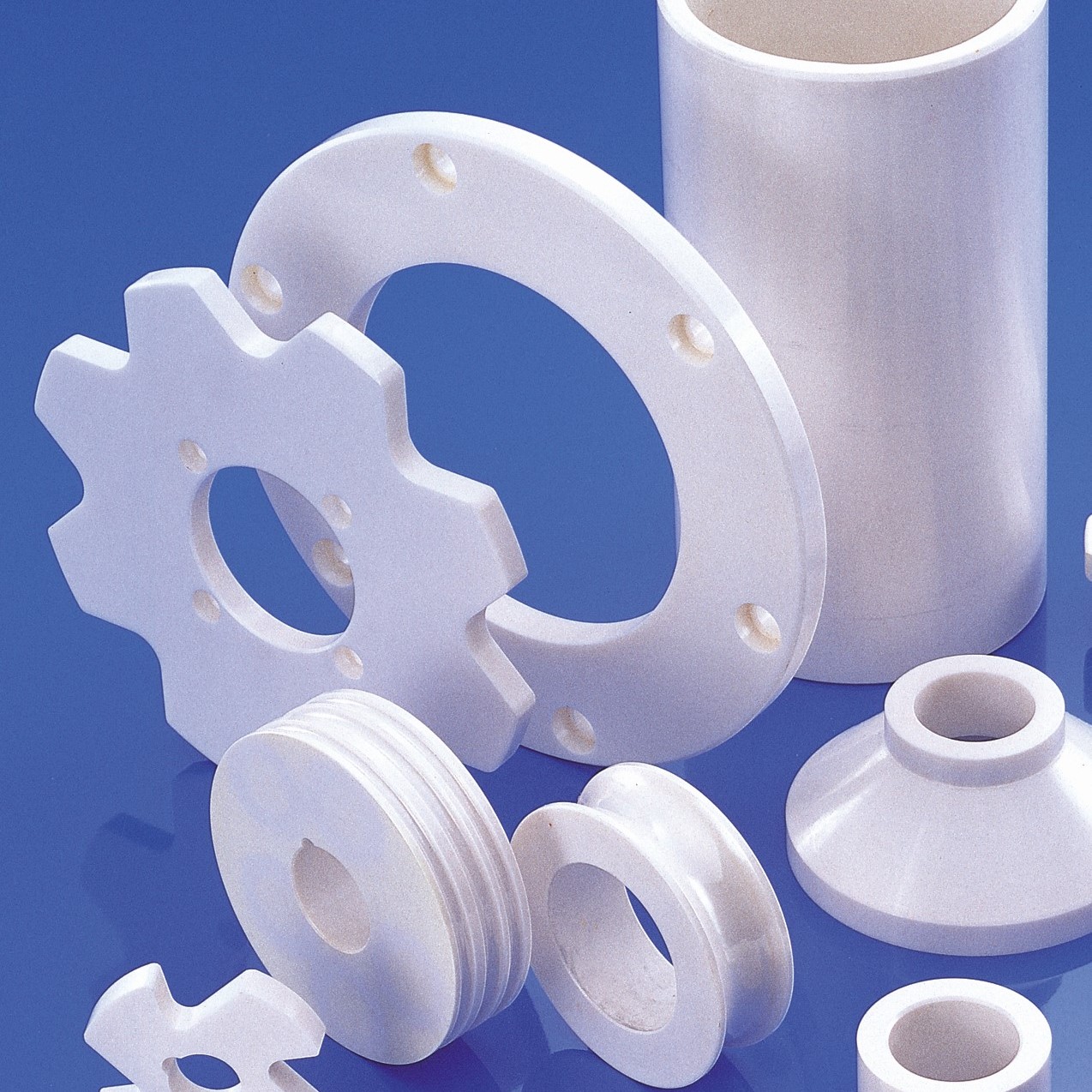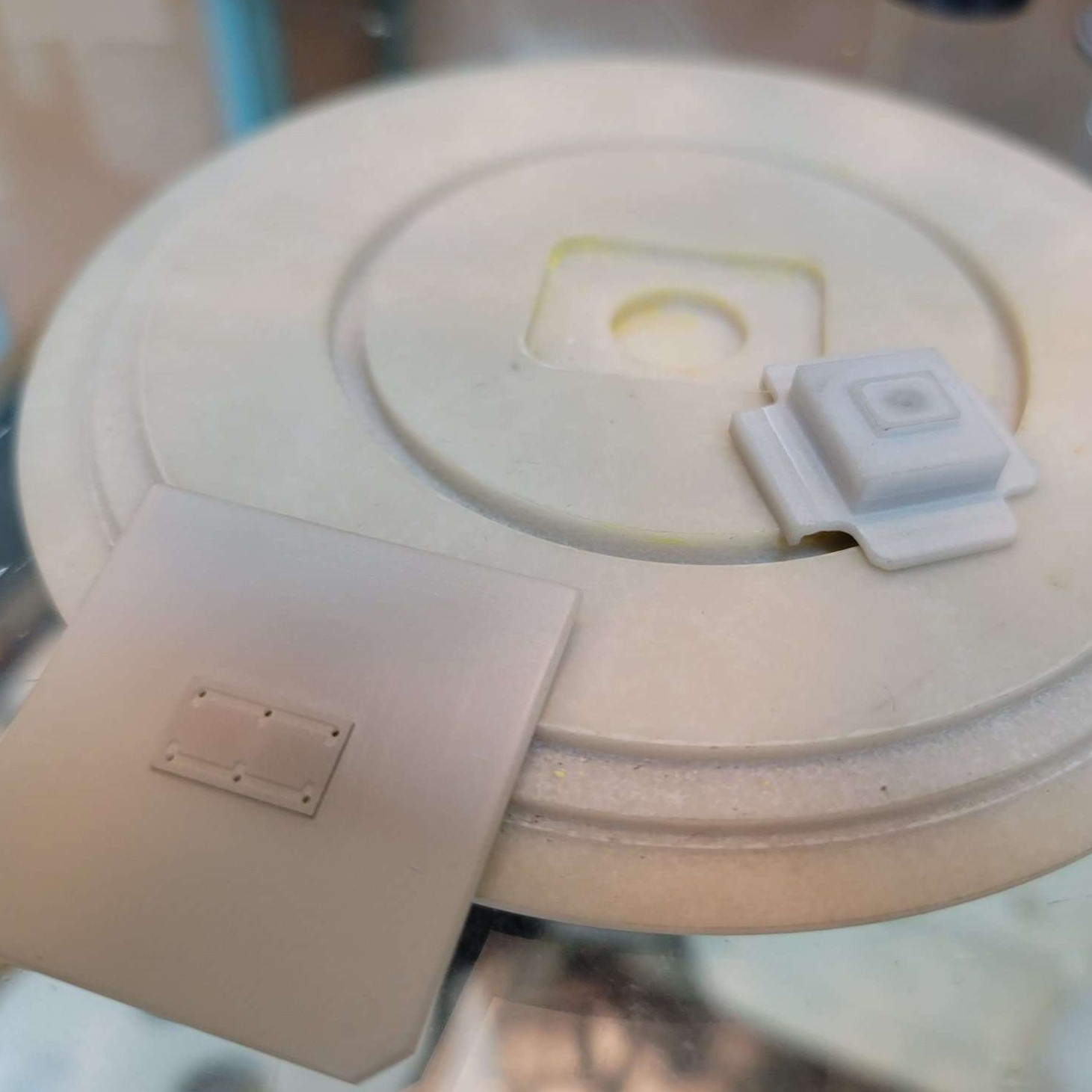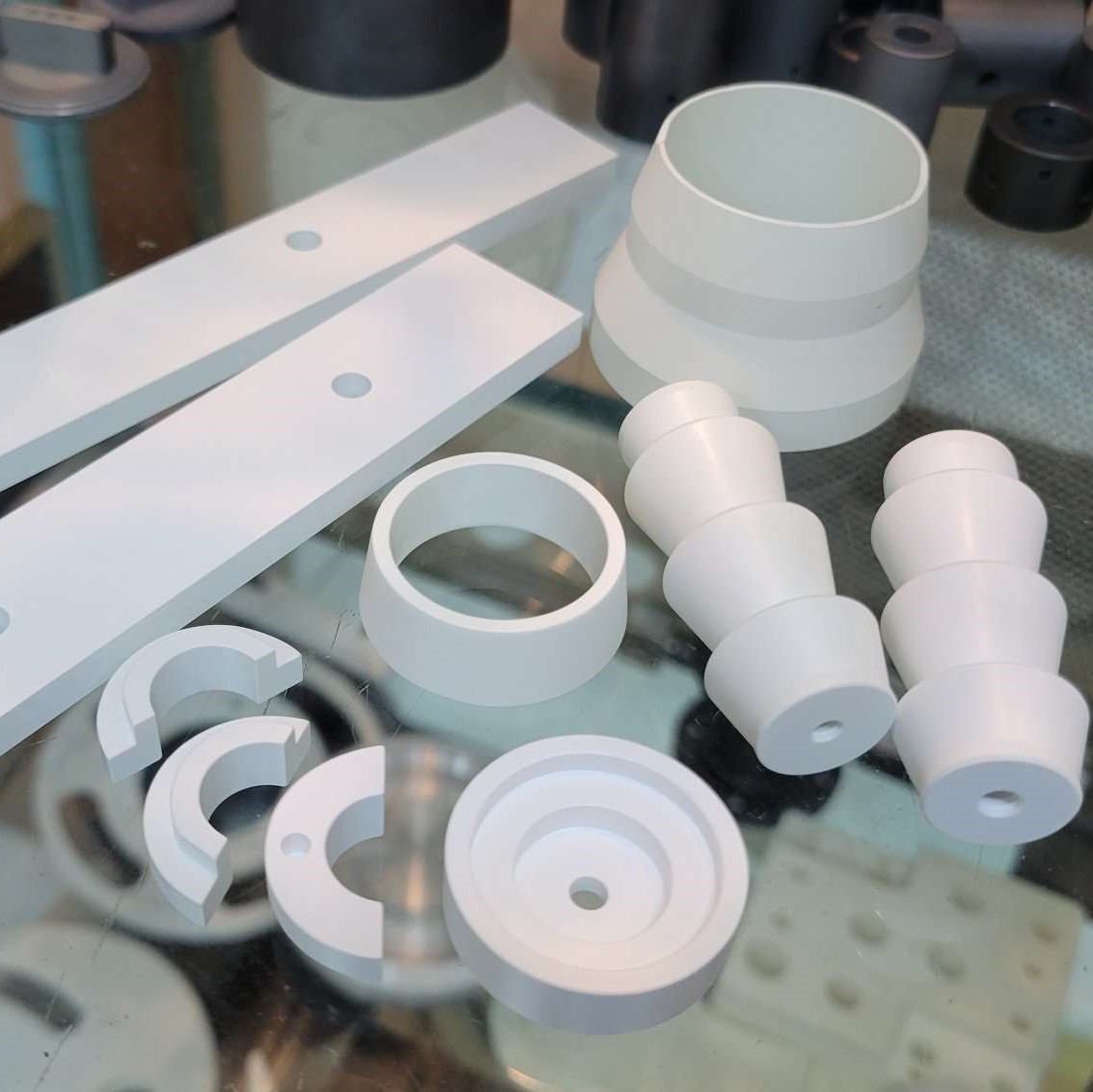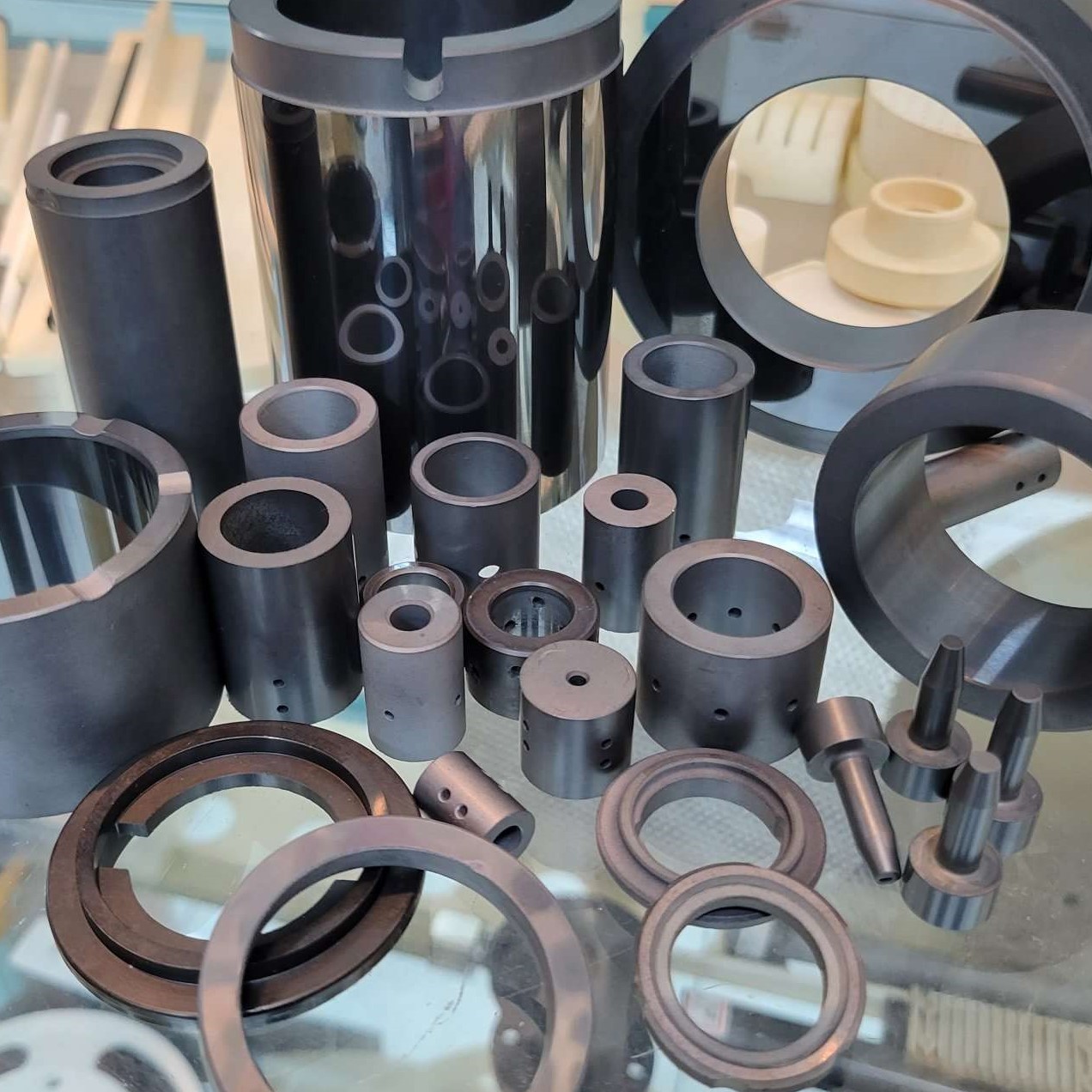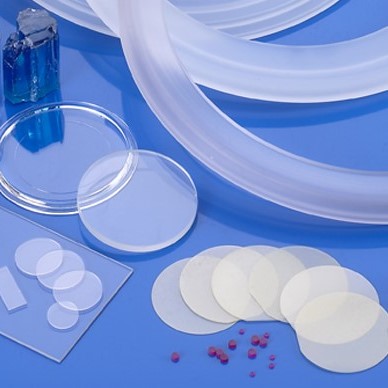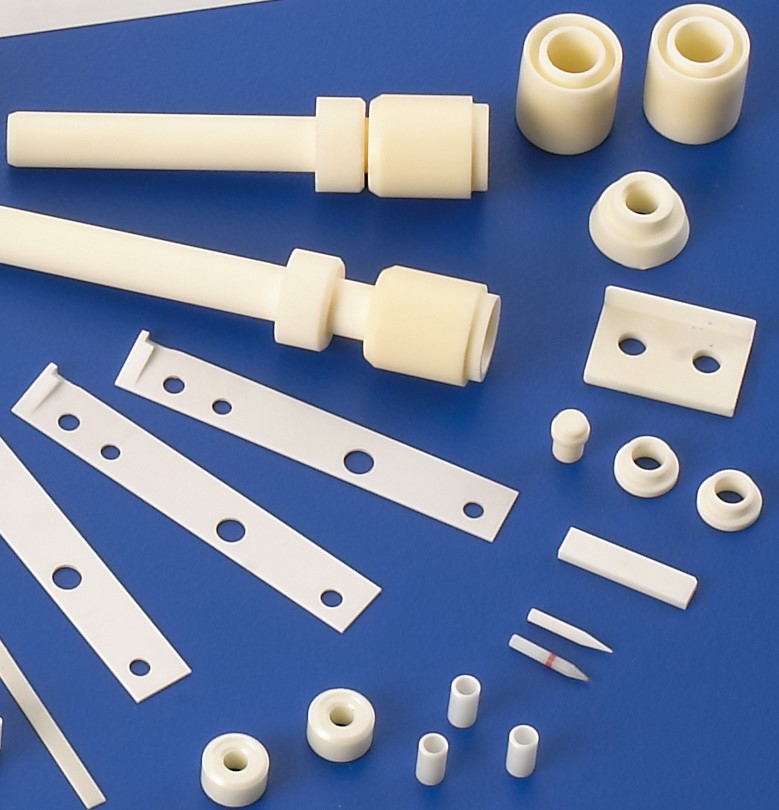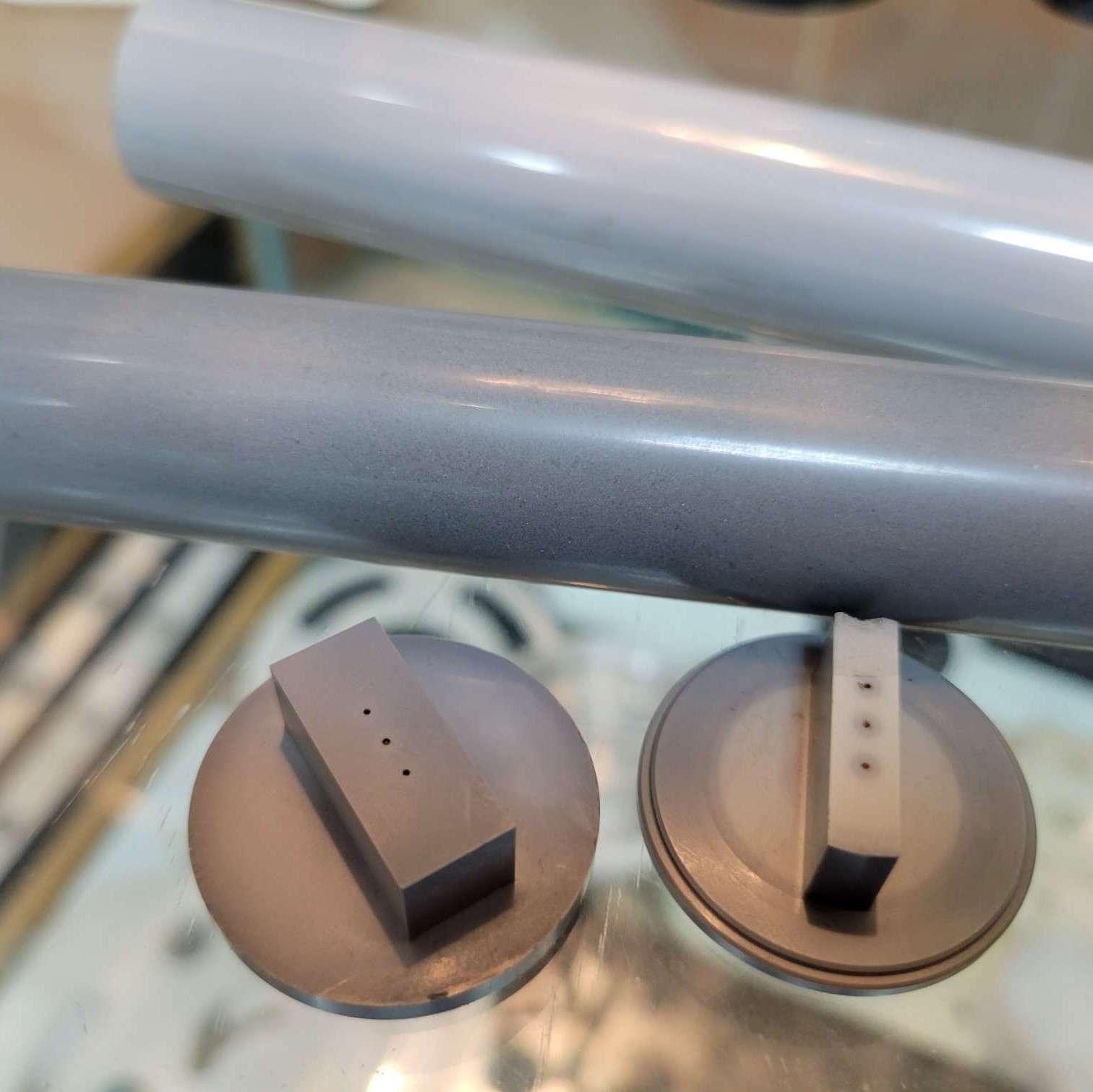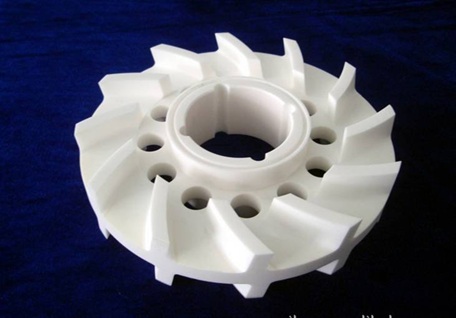Machinable Glass Ceramic
Material Characteristics
High strength with lightweight properties
Rich and varied colors
Excellent weather resistance and durability
Superior high-temperature electrical insulation performance
Resistant to aging and deformation
Excellent acid and alkali corrosion resistance
Material Applications
Machinable ceramics are suitable for a wide range of applications, including:
Automotive
Military and defense
Aerospace
Precision instruments
Medical equipment
Electric vacuum devices
Electron beam lithography systems
Textile machinery
Sensors
Mass spectrometers and energy spectrometers
For thin-walled coil bobbins, insulating supports for precision instruments, and high-accuracy components with complex shapes, machinable ceramics are particularly well-suited. They can be machined into virtually any desired form.
Material Data
Properties | Units | Machinable Glass Ceramic |
| |||||
Macor MCG-1 | CTC MCG-2 | CTC MCG-3 | ||||||
Mechanical | Density | g/cm3 | 2.52 | >2.5 | >1.8 | |||
Color | — | Ivony/white | Ivony/white | White | ||||
Porsity | % | 0 | 0 | <15 | ||||
Flexural Strength (20°C) | Mpa | 105 | 108 | 120 | ||||
Compressive Strength (20°C) | Mpa | 345 | 488 | >55 | ||||
Thermal | Thermal Conductivity (20°C) | W/m°k | 1.46 | 1.68 | 0.66 | |||
Coefficient of Thermal Expansion | ✕10-6/°C | 25 │ 300°C | 9.3 | 25 │ 300°C | 8.6 | 0.9 | ||
Maximum Use Temperature (in Vacuum) | °C | 1000 | 1000 | 1550 | ||||
Electrical | Volume Resistivity (25°C) | Ω-cm | >1014 | >1014 | >1012 | |||
Arc Resistance | Second | — | — | — | ||||

